Teaching-manual

Sign up for access to the world's latest research
Abstract
AI
AI
This teaching manual aims to promote chess among young individuals in Canada, emphasizing its benefits in enhancing critical thinking, problem-solving skills, and self-esteem. It provides a structured approach for teachers, regardless of their chess proficiency, to guide students from basic concepts to advanced strategies in chess gameplay.



















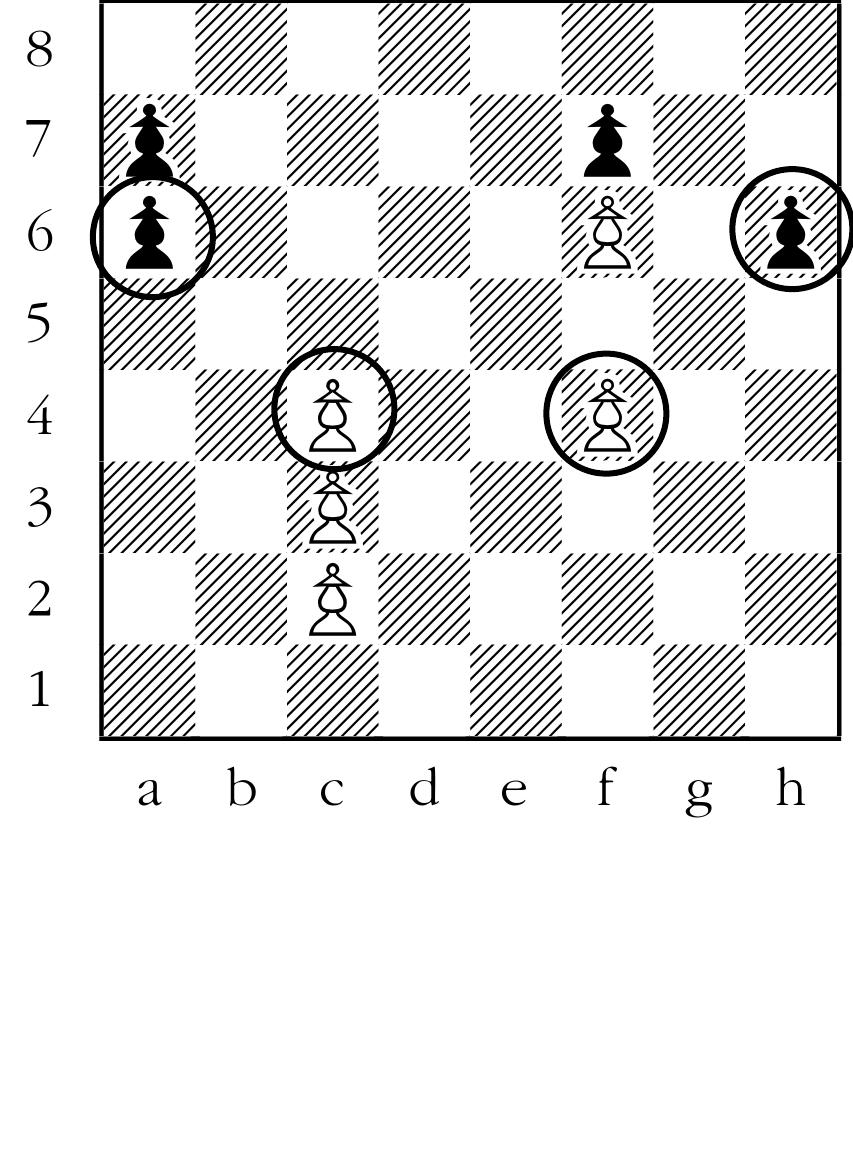


































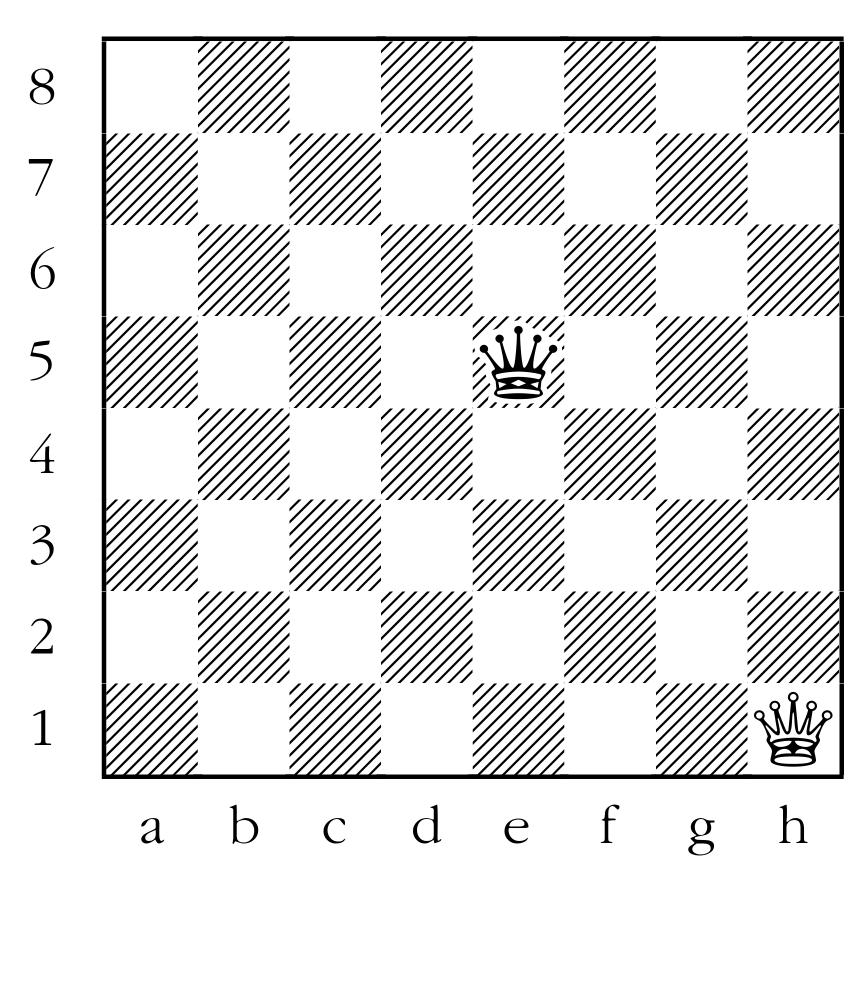












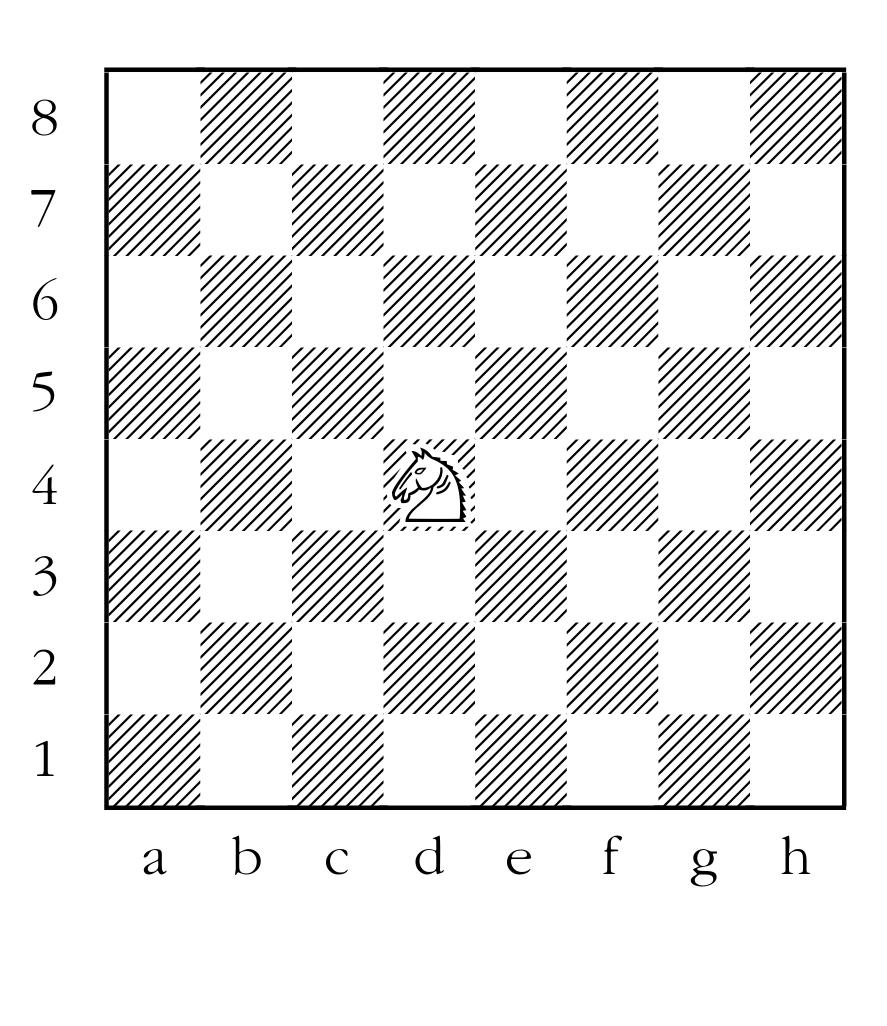
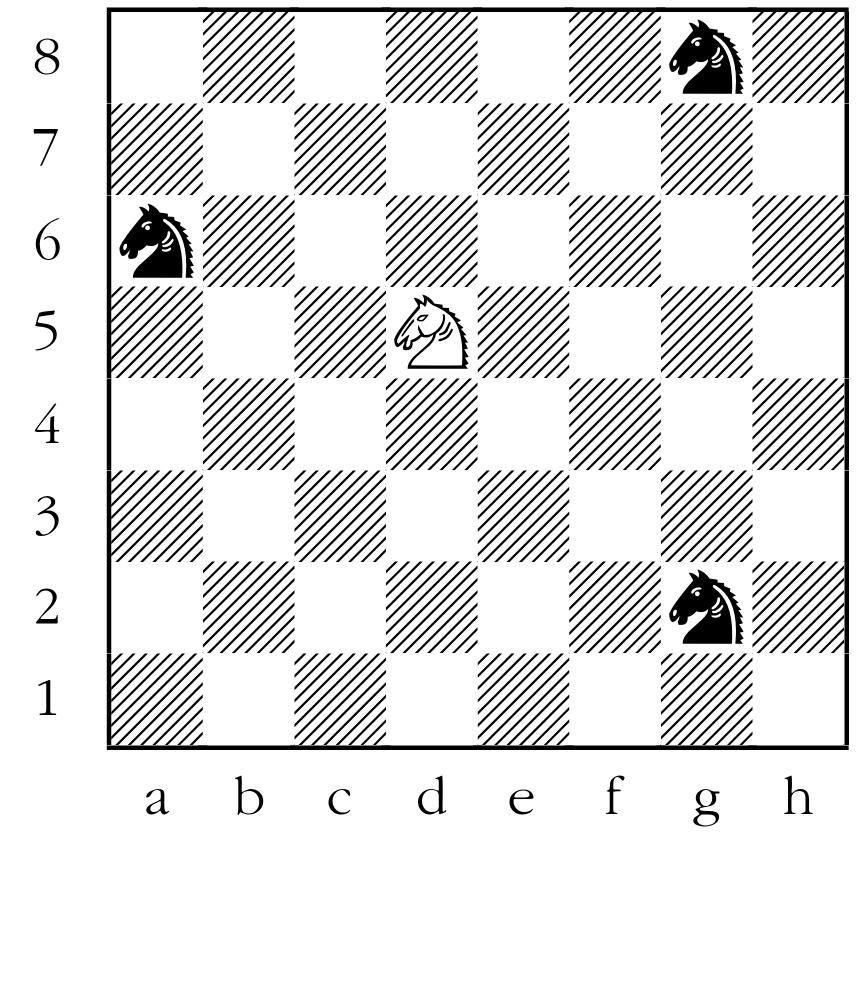

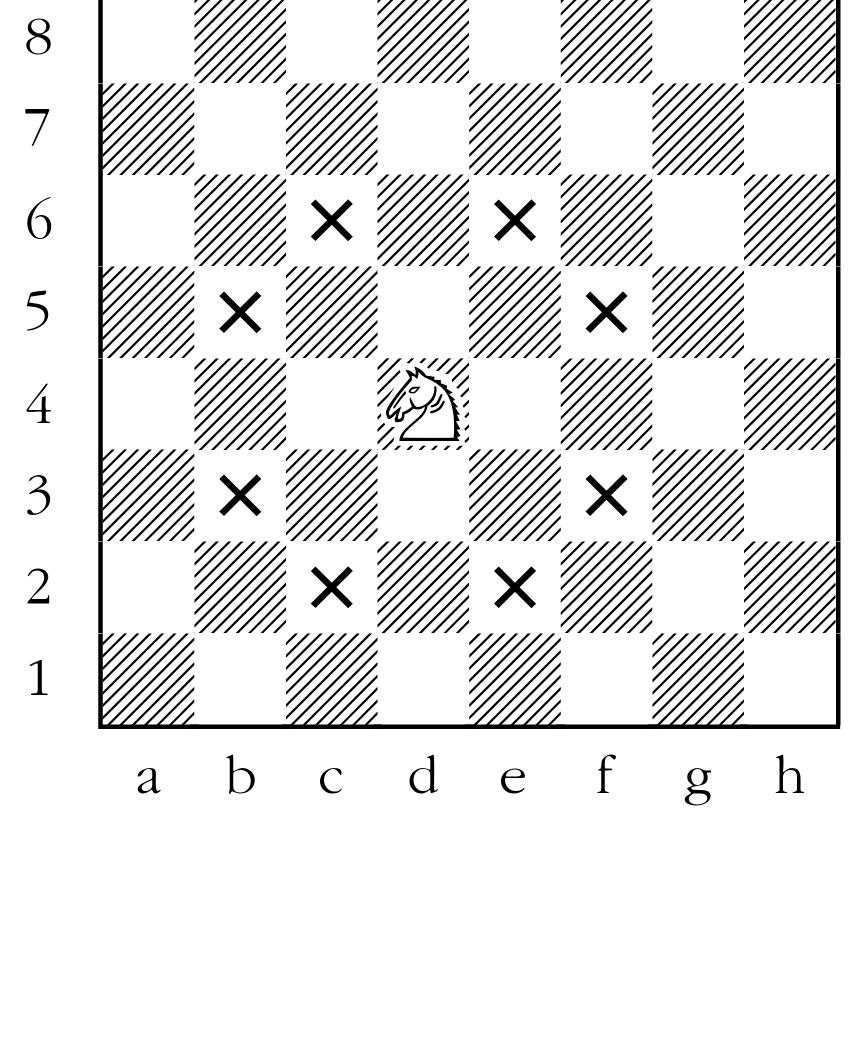






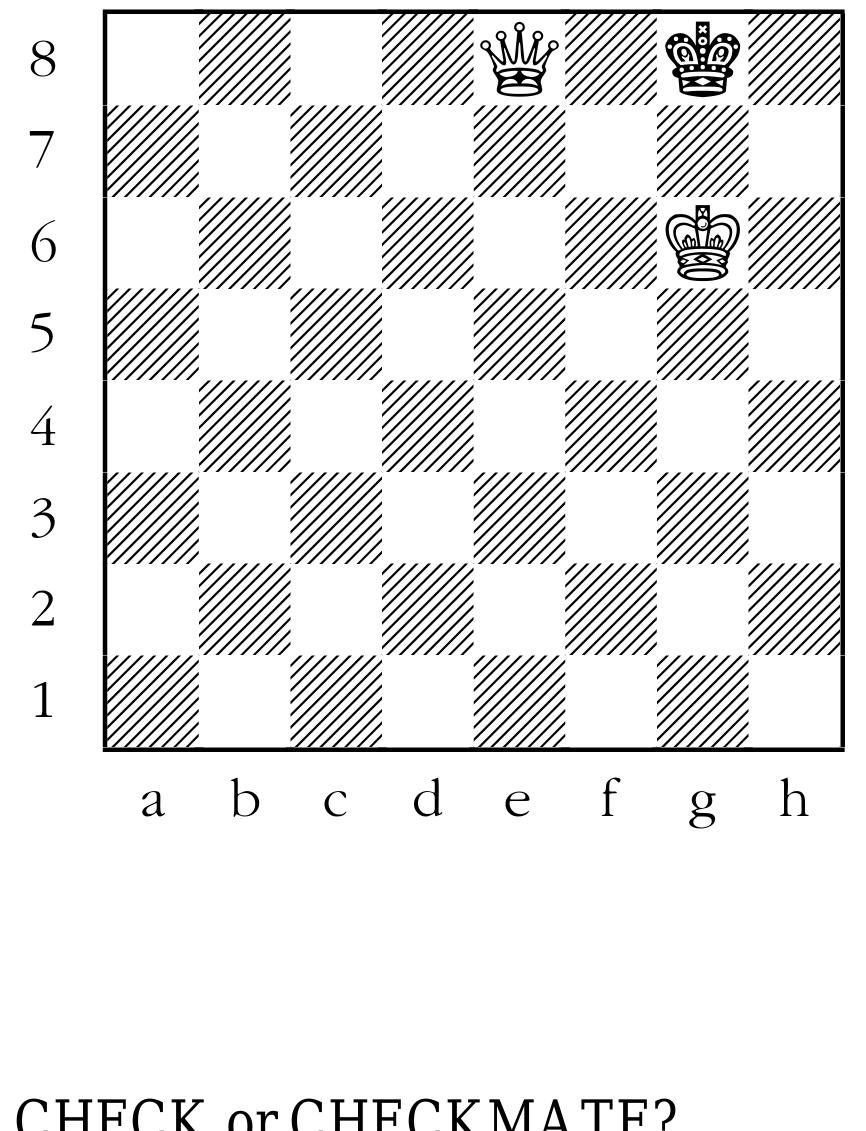







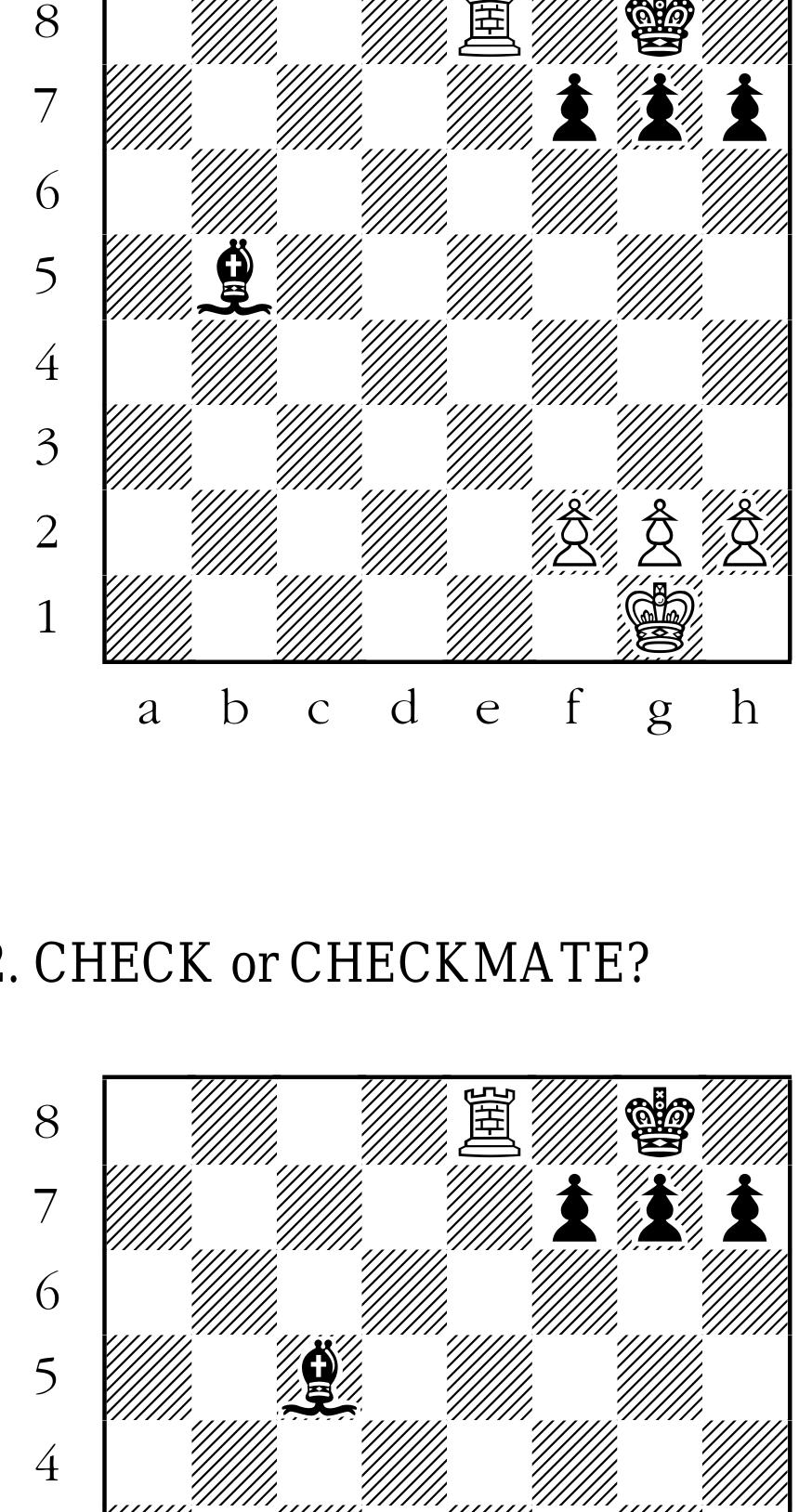














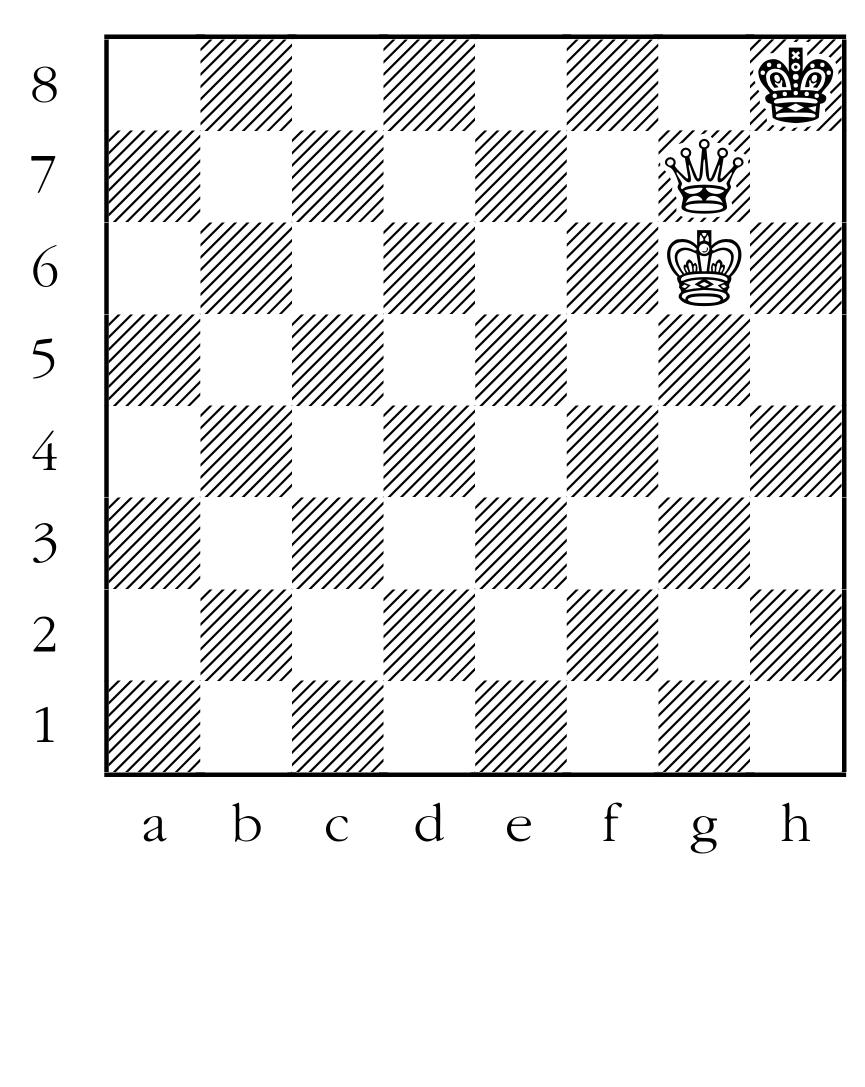


















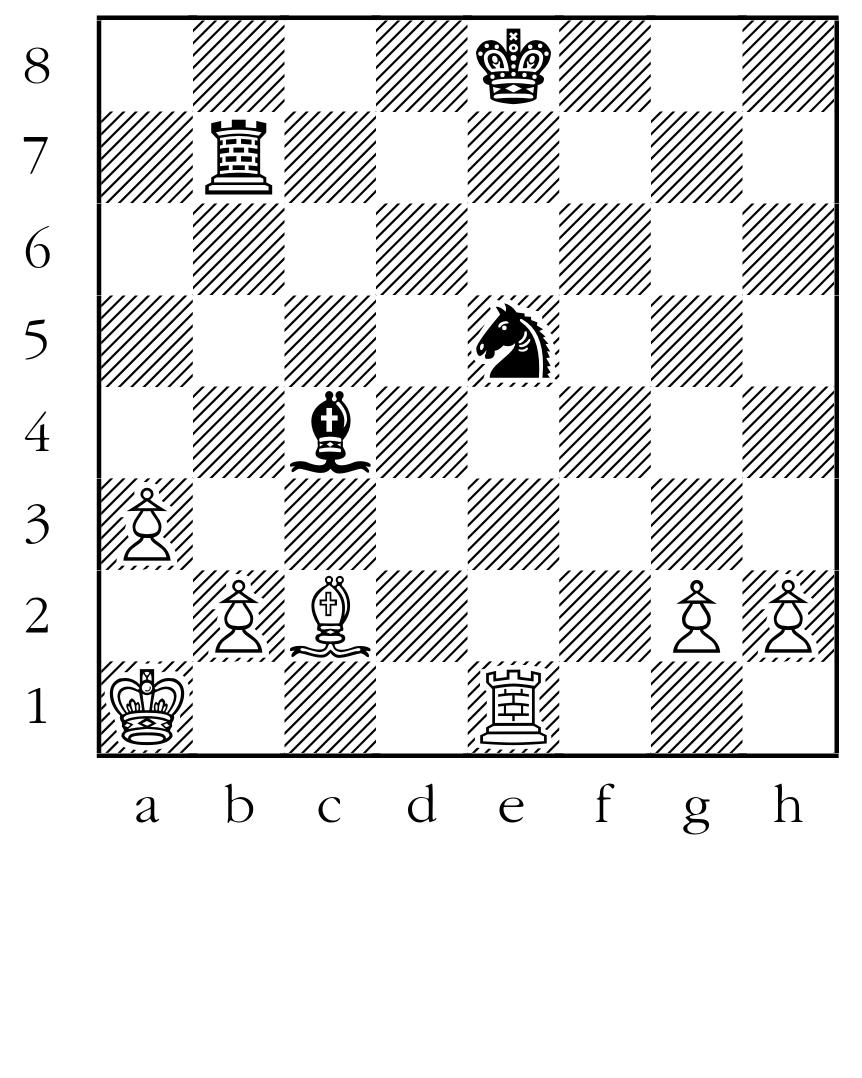





























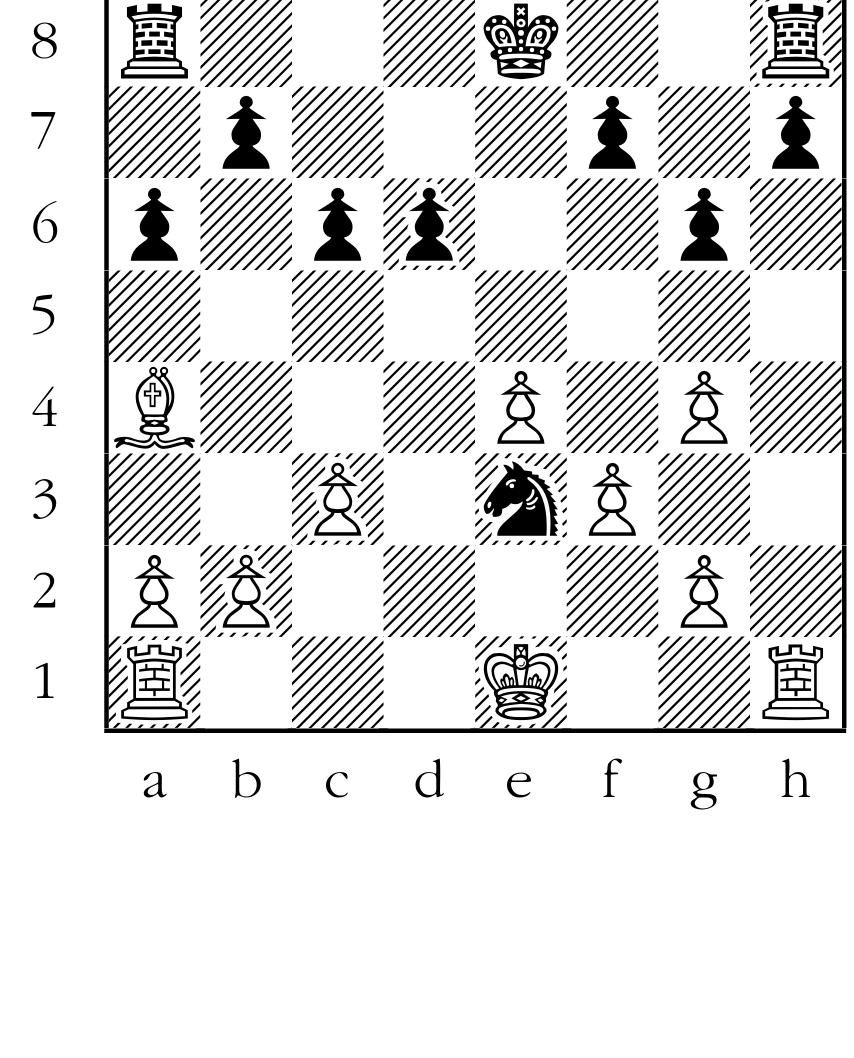













































































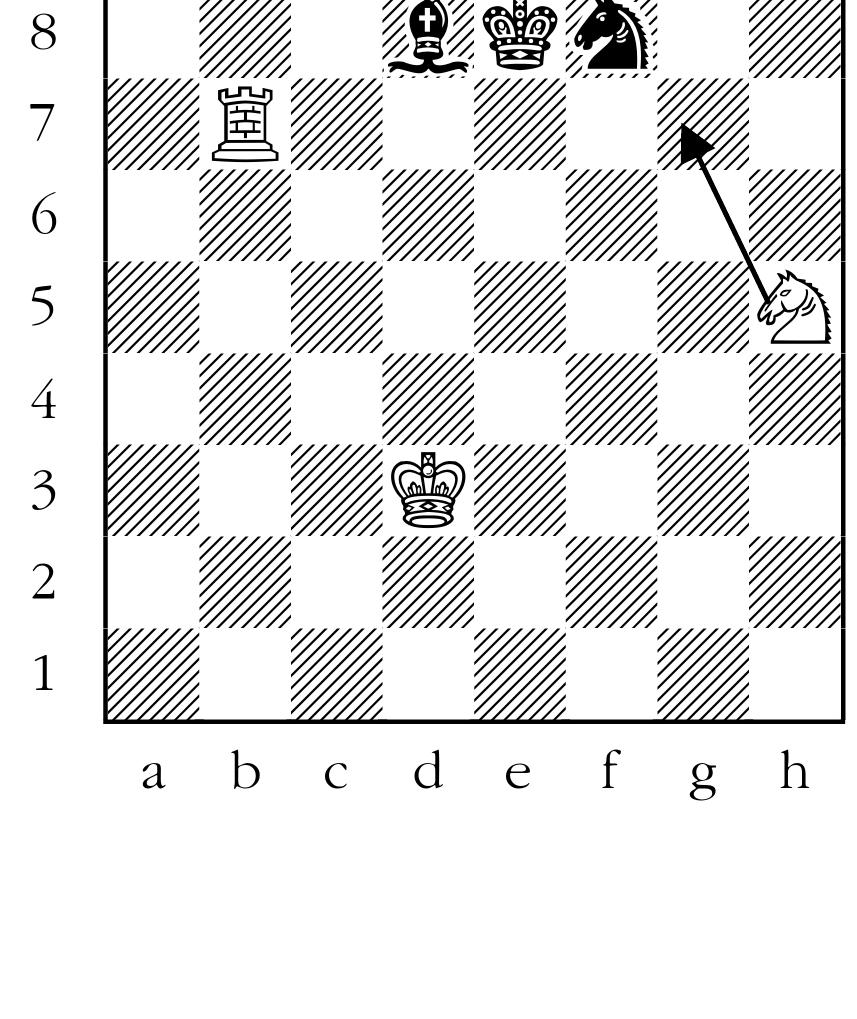


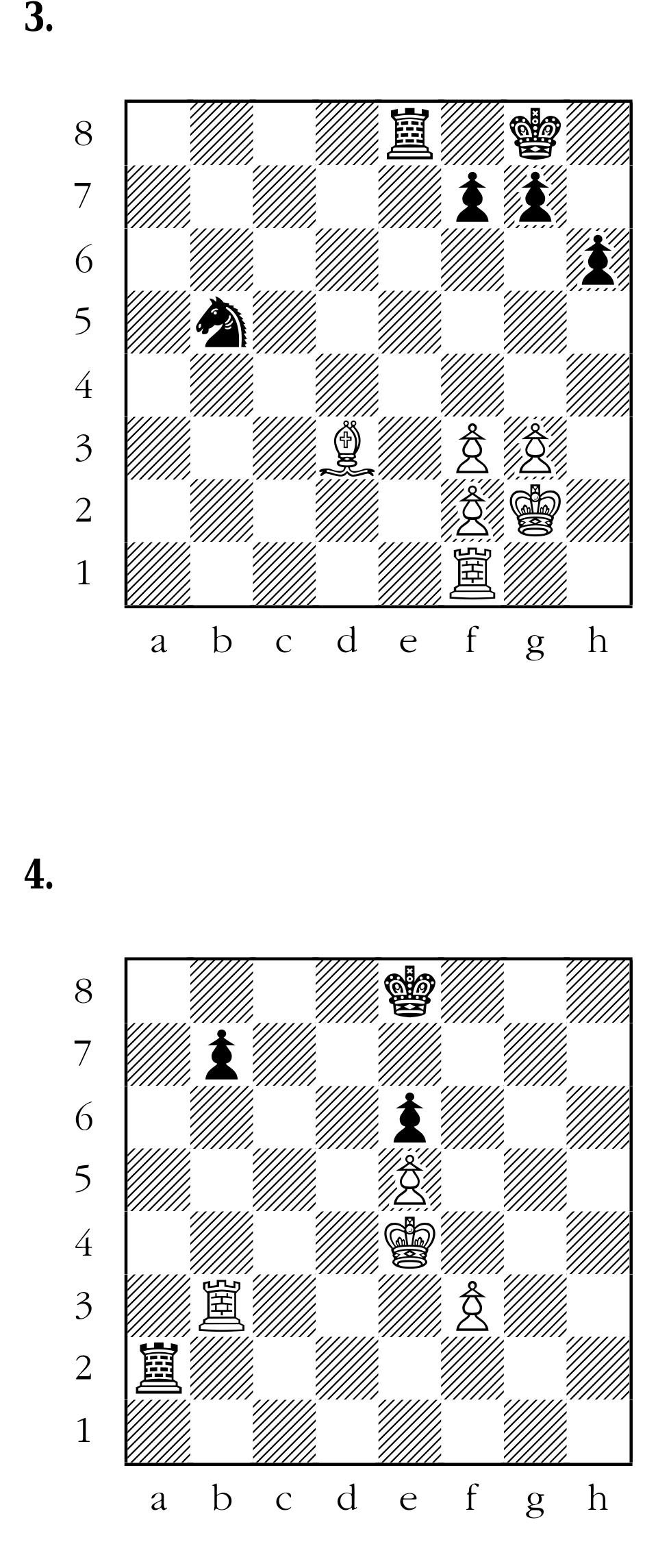












































































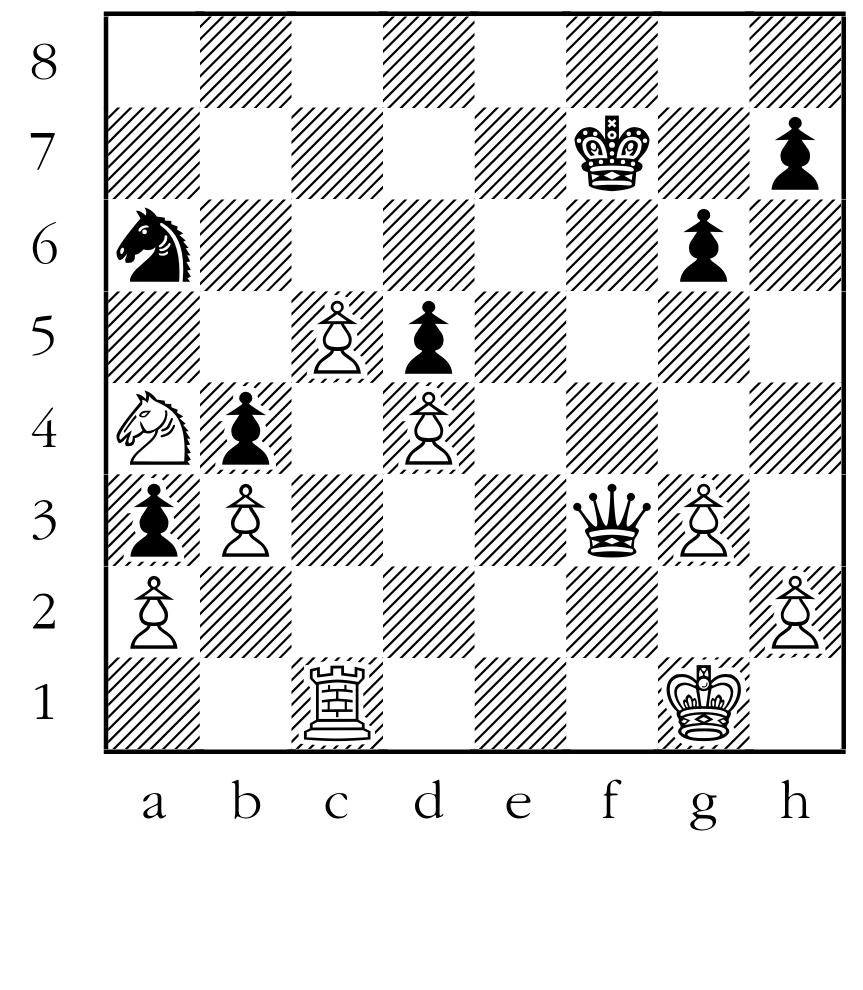











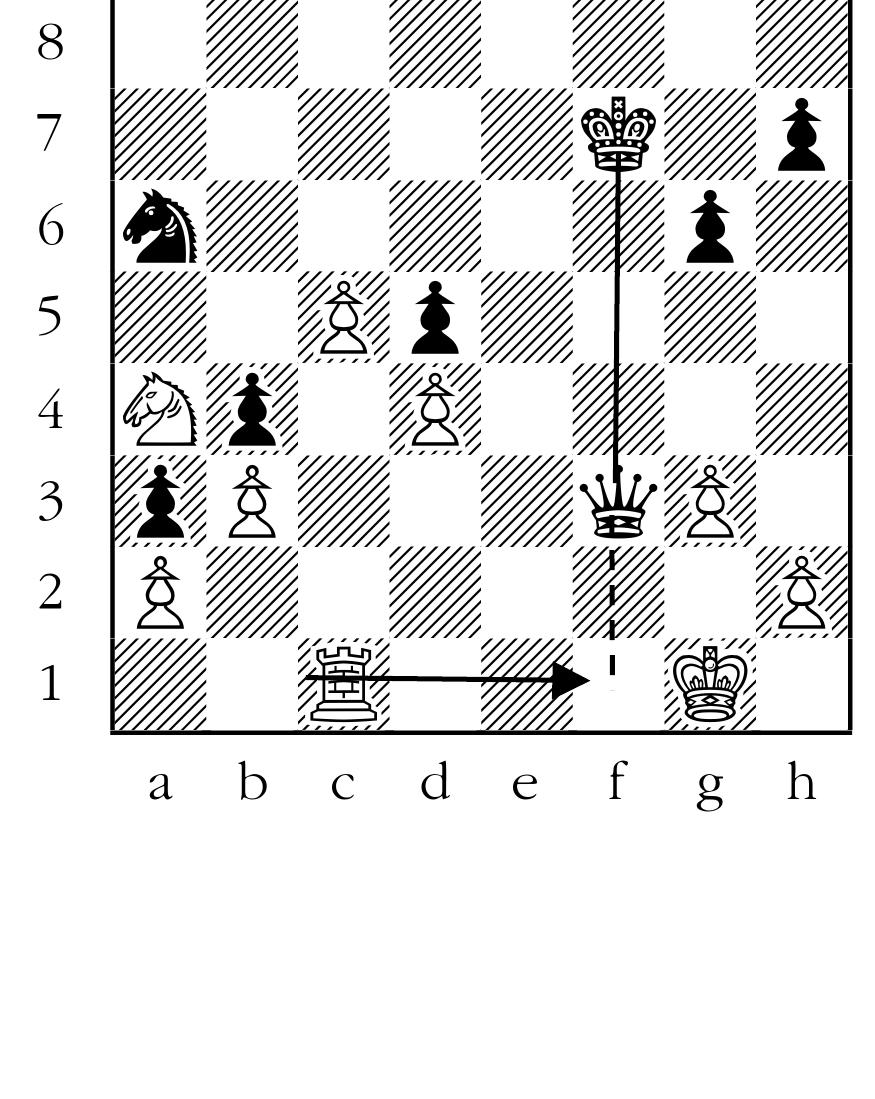


















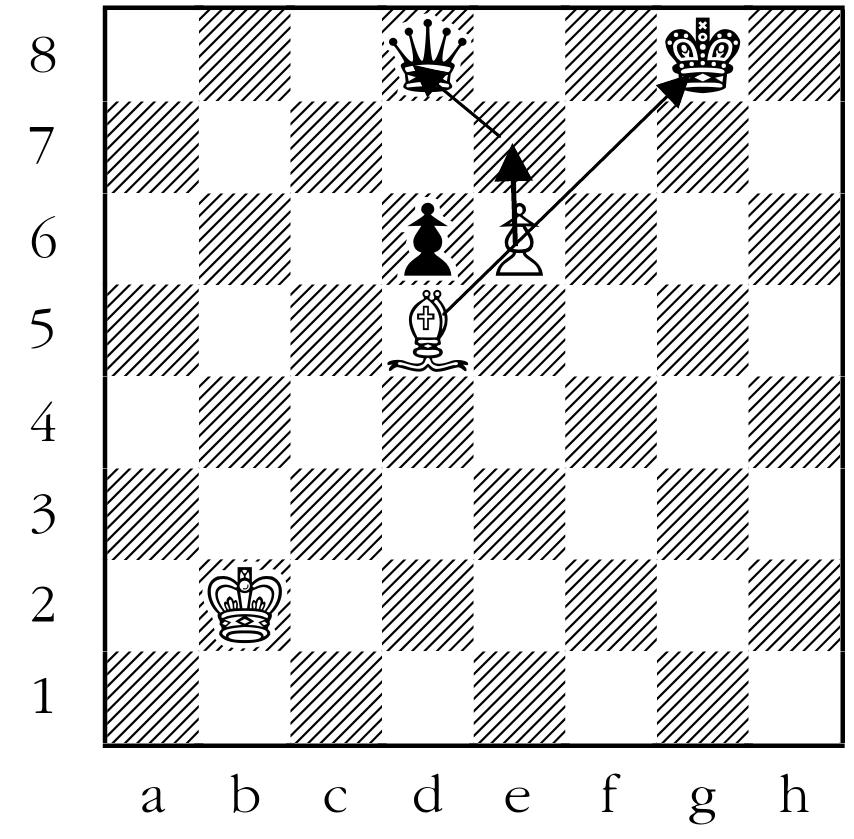





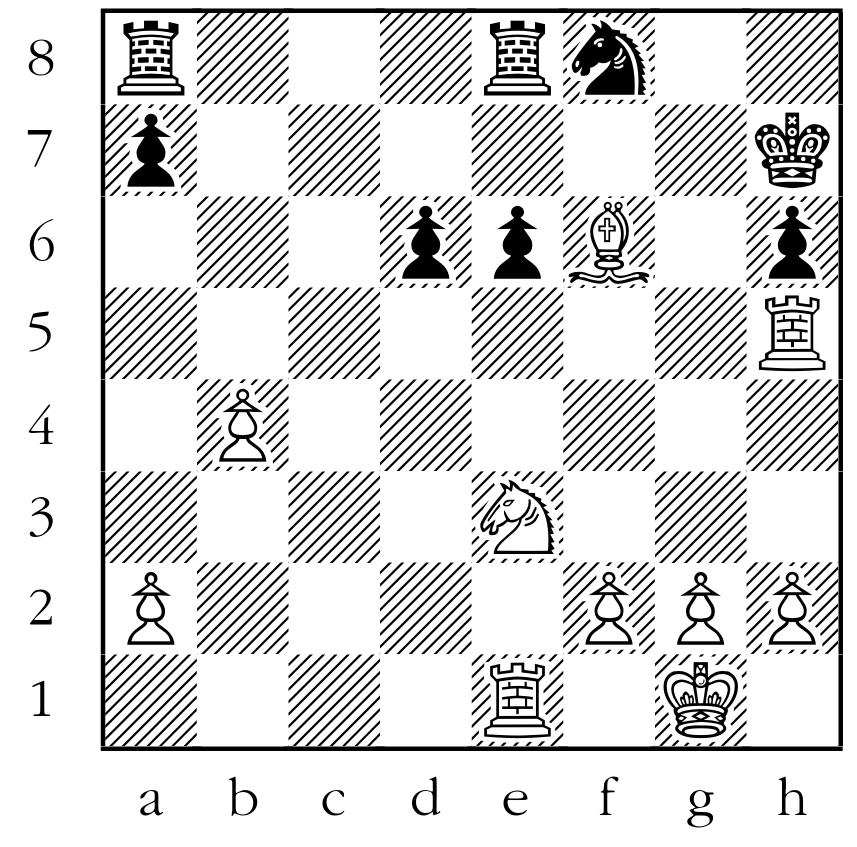



















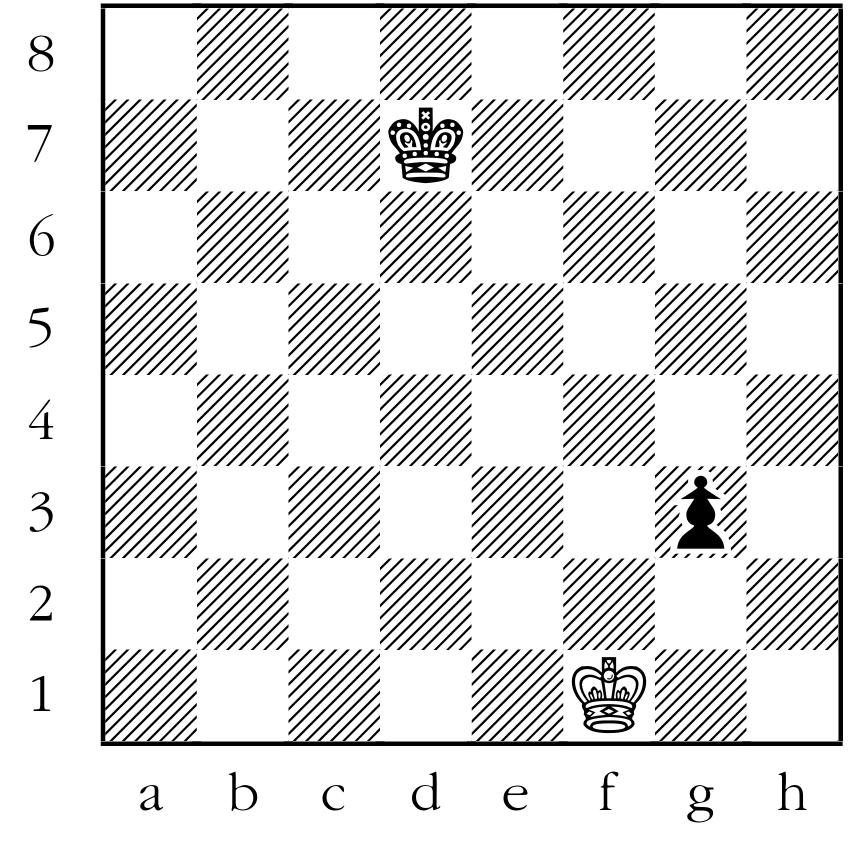



























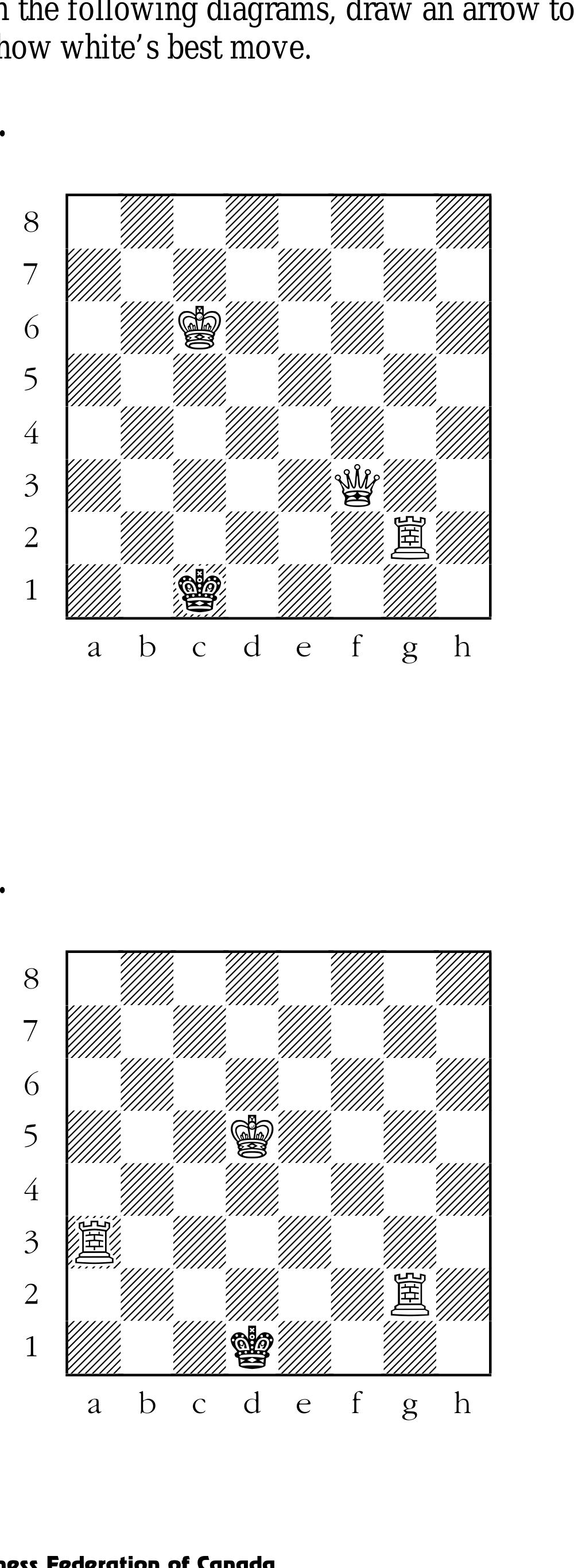




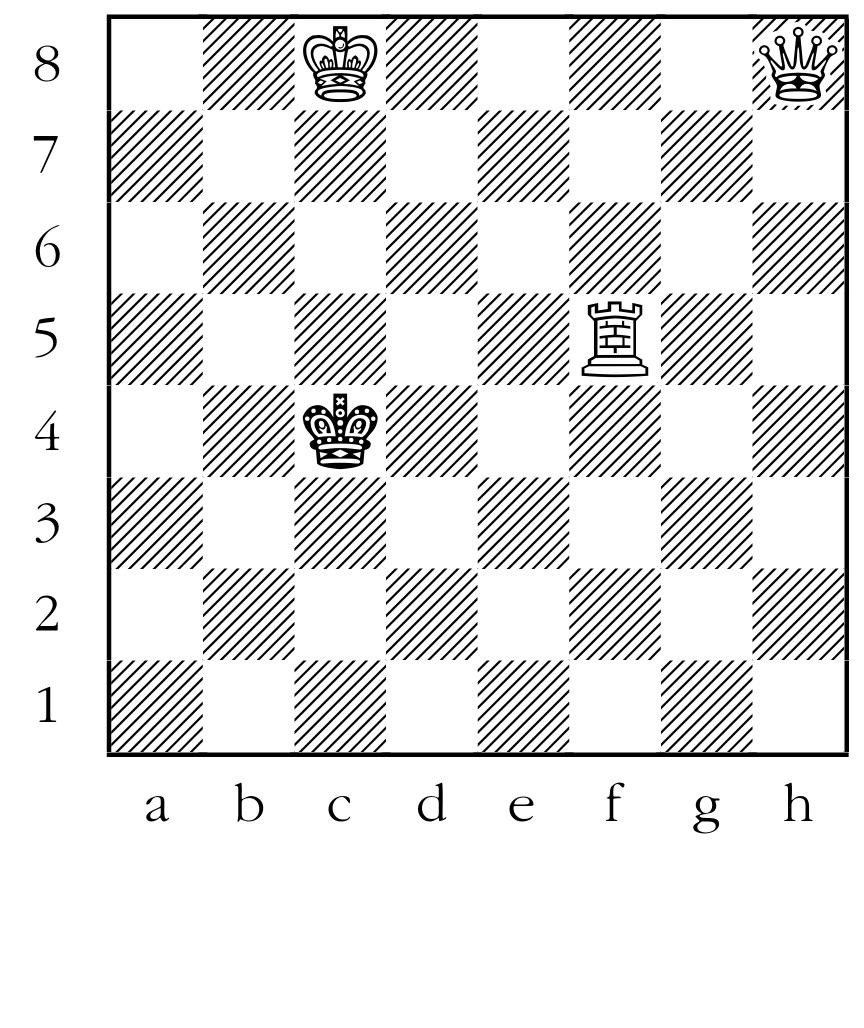

















































































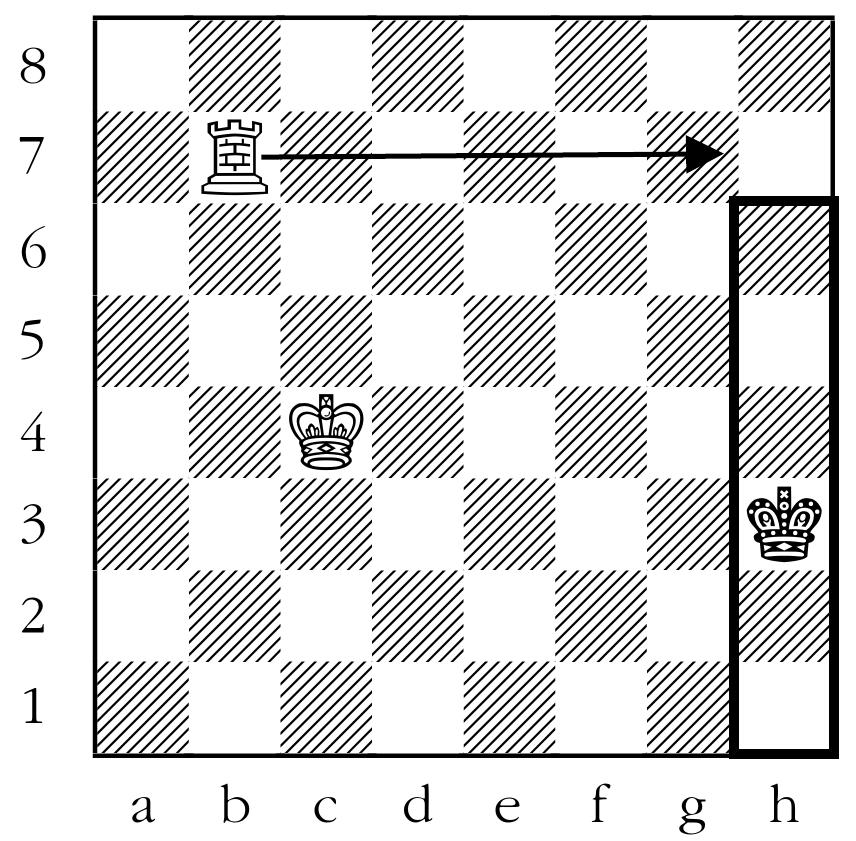












Related papers
1985
Aspects of chess relevant to certain educational issues are explored. Based on findings from a sample of about 50 children from 6 to 18 years of age, discussion focuses on (2) how children play chess and how the process of acquiring expertise differs among children and adults, (2) chess training techniques and why they are effective with children, and (3) some experimental results concerning childeen's memory for chess positions. In conclusion, implications for educators are specified. (RH)
This article provides a review, and measures in chess and education. Chess has long been considered a way for children to increase their mental prowess, concentration, memory, and analytical skills. The author presents the benefits of playing chess for children and its applications in education. Finally it concludes that chess players become good decession makers by practicing the chess. The chess-playing students had become accustomed to looking for more and different alternatives, which resulted in higher scores in fluency and originality.
2012
1. Chess in schools to improve intelligence Does playing chess improve the cognitive abilities of children? Can the game of chess help in "educating intelligence"? This document presents the results of six years (from 2005 to 2011) of trials in primary schools of different chess training strategies and a study of the relationship between chess training and improved skills and abilities of children. The trials, sponsored by the Piedmont Regional Committee of the Italian Chess Federation and funded by the Compagnia di San Paolo, were conducted under the scientific coordination of Roberto Trinchero and organisational coordination of Alessandro Dominici. Andrea De Magistris, Mariella Piscopo and Giuliano D'Eredità (University of Palermo) collaborated in the research. Roberto Rivello was in charge of the trial.
Bulletin of the "Transilvania" University of Braşov, 2020
In our research, we aimed to investigate if chess, taught at the level of initiation, determines the improvement of cognitive processes such as attention, memory and understanding of a text. For this, we applied a specific questionnaire to three groups of children enrolled in preparatory class of primary school. From these, one group did not participate in chess learning lessons, and the two other, performed introductory chess lessons 1h/week, respectively 2h/week, for 27 weeks. At the end, testing through the questionnaire showed significantly better results for the indicators targeted at those who practiced systematically chess game, especially since the volume of learning activity was higher.
Procedia - Social and Behavioral Sciences, 2014
The present study aim demonstrate of role chess training has on school performance, memory, sustained attention and creativity. A group of 20 novice primary school students took part in 10 blended learning chess lessons and in a final chess competition (the chess group, ChG). Eighteen control students participated in 10 fun math lessons. Most cognitive skills increased from pretest to posttest in both groups but the School Performance Test increased significantly more in the ChG. Resistance to monotony and not IQ at pretest predicted success in the chess contest.
2016
Systematic training of chess has been shown to significantly increase the IQ and cognitive functioning among children. The study assessed the impact of chess intervention on the IQ scores of children and analyzed the cognitive functions that contributed to the IQ gain. Eighty-six school children, boys and girls in the age group (4-15) undergoing chess training were assessed using Binet- Kamat Test of Intelligence. Chess intervention consisted of standardized bi-weekly training sessions of 2 hours’ duration over a period of one year. Individual attention was given to every child by assigning one coach for every 4 students. Paired t tests and regression analysis were carried out. Significant increases were observed inIQ. Regression analysis indicated that non-verbal reasoning, language and memory significantly contributed to the dependent variable IQ. The study has important implications for education.
Brock Education Journal
This paper explores students’ perceptions of the benefits of chess-based instruction as part of an evaluation of a Chess in Schools (CIS) program implemented in 2017-2018 by a State Department of Education in the southeastern United States. The data were collected using a cross-sectional survey administered to students at the end of the academic year after one year of exposure to the CIS program. Results from the student survey responses (n = 1,286) indicated that the majority of students across all grade levels felt they had experienced a variety of positive outcomes as a result of their exposure to scholastic chess-based instruction. These perceived positive outcomes are beneficial for understanding the holistic impact of chess-based learning as they provide insight beyond only measuring students on a metric such as a test score or GPA.
The paper discusses " Chess for overall development " project, which is based on Reflection and Activity Approach in helping overcome learning difficulties. The project has been running for over 12 years now, putting theory of the approach into practice in several cities throughout the Russian Federation. One of the key elements in this project is developing the ability to think in mind using chess problems and sequential progress through material where solving of problems becoming more idea-based and less action-based using the notion of the stage-by-stage formation of mental actions. Unlike other methods teachers use to teach chess, the Chess for Overall Development project views chess primarily as a psychological instrument for helping develop the ability to think in mind. The basis for the ideas of the project is L.S. Vygotsky's cultural-historical psychology. Vygotsky's notions on the development of the human psyche are implemented and partially expanded as part of the project. In recent years the software " Chess for overall development " was made designed with full compatibility with the principles of the reflection and activity approach and implementing the notion of the ability to think in mind development and sequential transition from material to ideal plane of mental actions. We present detailed description of the software features as well as its approbation results collected in schools, universities and hospitals.
International Journal of Social Sciences & Educational Studies, 2021
The Ministry of Education put in practice a renewed curriculum which includes many elective courses in order to allow students to develop key competencies and to acquire many skills. One of them is an elective chess course. Therefore, the aim of the study is to investigate whether the chess lesson allows students to develop key competencies and to acquire basic skills of the renewed curriculum according to the opinions of pre-service teachers who take up elective chess courses. Research is a descriptive study which was conducted with 141 pre-service teachers from three departments of an education faculty. Data was obtained with a scale established by the researcher. The results show that there is a statistical difference between pre-service teachers' thoughts about chess that would have a positive effect on the students' skills and acquisitions. And there is no statistical difference between their beliefs in terms of their gender and departments. As the teachers' experiences of chess playing increased, it also positively affected their beliefs that chess would have a positive effect on the skills and acquisitions envisaged in the program. It is advised that pre-service teachers must take elective courses to improve their skills during university education to improve their prospective students' potential.
Main Issues Of Pedagogy And Psychology
Numerous studies have proven that chess indicates a player's mental skills and ability to think. The goal of our study is to explore the process of learning chess in elementary school in the context of the integration of mathematics and chess, as well as to develop and offer methodological suggestions that will improve the efficiency of understanding mathematics. By solving non-standard "chess" problems in math classes and extracurricular math lessons, the link between chess and the development of spatial thinking can help to foster the development of a unique capacity to operate in the mind.
Related papers
Bulletin of the Transilvania University of Braşov. Series IX: Sciences of Human Kinetics
Considering that chess is a game of perspective, which develops logical thinking, imagination, anticipation capacity, and vision in space, the purpose of this paper is to teach students to move chess pieces correctly, to think of two or more consecutive moves, to develop a more detailed overview of the pieces in the game. Although chess is static, with no motorsport, we will try to change this game into a dynamic one, turning children into chess pieces. They will perform, on a surface drawn on the ground in the form of a chessboard, the movement corresponding to the piece they represent in the respective move by different variants of jumping from the initial position to the final position, respecting the rules of the game of chess. Thus, we turn the game of chess into a dynamic and funny game, played on teams.
Frontiers in Psychology, 2023
Introduction: The study examines the role of chess in the development of children from the perspectives of parents. The research focused on analyzing the parents' perceptions about chess's role in their children's development, on finding out how the perception of parents differs depending on whether they know how to play chess or not, and on outlining the profile of the parents whose children play chess.The study was conducted in Romania. Methods: In order to conduct the study, a quantitative research method was used, while having as a research instrument a non-standardized questionnaire. The questionnaire was applied to parents of chess-playing children who are members of chess clubs from Romania. The sample of the study comprises 774 respondents. Results: The results of our research showed that parents are of the opinion that chess helps children develop their cognitive abilities, their character and their competitive spirit. Most of the parents focused on highlighting the positive effects of chess on the development of their children. Parents also considered that chess helped their children develop positive emotions and helped them overcome negative emotions. The results revealed differences between the opinions of parents depending on whether they know how to play chess or not. Thus, parents who do know how to play chess were more likely to focus on the positive effects of the game on the development of their children, and those who know how to play chess were also more satisfied with their children's accumulated knowledge following chess lessons. Discussion: Findings extend our understanding of how parents perceive the way chess influences the development of their children, it offered us a perspective on the perceived benefits of chess, benefits which should be further analyzed in order to identify under what circumstances chess could be introduced in the school curriculum.
We summarize the 'Introduction of Chess in schools' and the promising directions for improving the quality of students in such schools, beginning with understanding that the role played by culture is crucial both in the prevailing education system and in promoting chess as educational activity. We focus on how Chess reflects the students' inherent quality of perceiving the stimuli in a unified framework of learning. We perform 'in vivo' measurements to capture the evolution of a student in such a unified framework using exploratory data Analysis (EDA).
In this report, we wish give the perspective of the impact of study on Chess in schools, from a view point of the actual challenges at hand in coming up with the clear focus and direction necessary for developing a solution for Chess in schools. Such solutions are not only requires being formal, intuitive and appealing for schools to consider them but it should also gratify a unique learning experience to children. The report discusses some of the impediments in deploying Chess in schools. We then review the stand of the national curriculum and present a direct comparison to objectives met by Chess programme. We substantiate through case based stories, through hybrid qualitative and quantitative approach to compare Chess in the context of Educational goals. We further drill down in the context of activities within the Chess in Mind Champion Academy’s Chess Program education on the impact of deploying the MCA programmes in schools. We detail our research findings in sections from two through to five. The final section of the report provides a discussion central to the analysis of the key findings. We have provided three Appendices. Appendix 1 provides quantitative results by providing the multivariate statistics that we had computed based on questionnaire responses, taken pre and post Introduction of Chess programme to the students. Appendix 2 explains detailed analysis based on Q-Matrix method in exploring qualitative assessment of the response for the questionnaire. Appendix 3 presents the data mining techniques based on a hybrid qualitative and quantitative approach taken to integrate ideas explained as feedback as a pulse gathered from students and teachers on retrospections of Influence of Chess. Appendix 4 includes specific case stories illustrated by Photographic images of children who were introduced. The fifteen case stories illustrated by photographic images of children, who were introduced to chess through the MCA programmes during the period of the study.
Sociology Study, 2017
The Republic of Armenia, as a world superpower in chess, is engaged in continuous development and implementation of specific strategic programmes which are aimed not only at providing high achievements in chess, but also at: (1) modernizing the educational sphere in the Republic of Armenia; (2) increasing the quality indexes of chess education-as a basic resource in the context of global educational system; (3) considerably deepening education subjects' cognitive interests towards education through the possibilities provided by chess; (4) developing learners' educational-cognitive motivation; and (5) creating conditions for activating learners' mental potential and the abilities to expose them, as well as promoting the awareness of the social value of chess in interpersonal relations. The contextual factors of teaching and learning chess in primary schools of Republic of Armenia have been revealed and presented in this paper. A number of conclusions and recommendations for policy makers are considerably made based on analysis of big research data.
2016
Chess in Primary Schools is a whole-school approach to teaching primary school children how to play chess. Children take 30 hours of chess lessons delivered by a tutor who is an experienced chess player, and the school is given the option to set up a chess club as a lunchtime or after-school activity. Chess classes are delivered during the school day and are expected to replace subjects such as music or PE. The intervention was evaluated using a two-armed randomised controlled trial. The trial took place over the 2013/2014 academic year and assessed the impact of one year of Chess in Primary Schools on the mathematics attainment of pupils in Year 5. It was an effectiveness trial, with the intervention tested under realistic conditions in a large number of schools. This study looks at whether the intervention had an impact on attainment one year after the intervention had ended in June 2015. One hundred schools across 11 local education authorities (LEAs) in England participated in the trial, a total of 4,009 pupils. A process evaluation was also carried out to answer questions about implementation and to help explain the findings of the trial. The programme was delivered by the education charity Chess in Schools and Communities (CSC). 1. There is no evidence that the intervention had a positive impact on mathematics attainment for the children in the trial, as measured by Key Stage 2 scores one year after the intervention ended. The same is true for science and reading. 2. There is no evidence that the intervention had a positive impact on Key Stage 2 scores for children eligible for free school meals (FSM). 3. Although a current school teacher is allocated to every chess class, it is desirable for the tutors themselves to have strong class management and teaching skills. Without these, it was difficult to ensure that all children were suitably engaged in the chess lessons. 4. For successful implementation, class teachers need to work closely with the tutor and actively contribute to the intervention. It was felt that classes were less effective if the teacher did not actively take part, or was present only at the beginning and end of the class. 5. Half of the pupils who participated in the trial said that they liked the chess lessons a lot, and only 8% reported that they didn't like them. School teachers were very positive about the intervention and its impact on pupils' skills and behaviour. Findings from this study have high security. The study was a large and well-designed clustered randomised controlled trial (RCT). It was an effectiveness trial, which means it aimed to test the intervention under realistic conditions in a large number of schools. Relatively few pupils were lost to the analysis and the pupils who were allocated to receive the intervention were similar to the pupils in the comparison group. There were no substantial threats to the validity of the results. The cost of delivering the intervention to two classes of Year 5 pupils is approximately £1,900, or £32 per pupil. The majority of this is to contribute towards CSC's costs of delivering the chess lessons (£1,200) and setting up the after-school chess club (£600). Effect size (95% confidence interval) Estimated months' progress Security rating Cost rating Pupils in CSC schools 0.01 (-0.15, 0.16) 0 months £ Pupils in CSC schools eligible for FSM 0.01 (-0.18, 0.19) 0 months £ John Jerrim: Principle Investigator. Led the trial design, data analysis and writing of the final report. Overall management of the project. Lindsey Macmillan: Assisted with trial design, data analysis and production of final report. John Micklewright: Assisted with trial design. Mary Sawtell: Joint-lead on the process evaluation design and analysis. Meg Wiggins: Joint-lead on the process evaluation design and analysis. Secondary outcomes include (i) performance in Key Stage 2 English tests, (ii) performance in Key Stage 2 Science tests (where available), and (iii) performance in sub-domains of the Key Stage 2 Maths test. The latter are known as 'paper A', 'paper B', and 'mental arithmetic', with the following links providing the three test papers that children took in June 2015: 1 The figure of 37% was decided upon so that the population list given to CSC would contain a population of approximately 450 schools from which they could recruit into the trial. 2 A value of 0.15 for the ICC was chosen after the team conducted an analysis of within and between school variation in Key Stage 2 test scores within the National Pupil Database. 3 The figure of 60 pupils was based on the assumption of most recruited schools being twoform entry, with each form containing 30 pupils. 4 A value of 0.4 was chosen after the team conducted an analysis of the association between
2018
My sincere thanks go to the following for their assistance in producing this thesis: • Australian Commonwealth Government fee contribution through the Research Training Program (RTP) Fees Offset scheme. • My supervisor Dr Luke Van Der Laan, who played chess when he was at school, and whose tremendous enthusiasm and encouragement for this project has provided me with additional motivation. • My wife Wendy, for her strong and enthusiastic support and encouragement. • Retired school teacher Mrs Christina Wand who kindly spent three full days surveying 83 chess students using Survey Monkey. • Mr Andrew Fitzpatrick and Mrs Justine Jule, the owners of Gardiner Chess, and their chess coaches who teach children chess at Somerset College. • Dr David Smerdon (Australian Chess Grandmaster) and his wife Dr Sabina Smerdon for generously providing significant chunks of their time in helping me with this project at a time when they were both establishing themselves in new positions at UQ and QUT respectively. • Dr Jenny Ostini who acted as a supervisor for me whilst Luke was unavailable. • The staff at Somerset College who were most helpful in facilitating this study at the school. This included: Principal Mr Craig Bassingthwaighte, Acting Junior Principal Mrs Brenda Millican, Head of Music Mrs Sue Roberts, Dean of Information Technologies Mrs Lisa Thomson and all grade 1-5 teachers, together with the teacher-aides. • The 203 students and their parents of Somerset College who opted-in to this study. • Dr David McKinnon, for his excellent work as the voluntary administrator of the Queensland Junior Chess Ratings List since 1993. His list was most useful in this study. • The seven Australian Grandmasters for considering and describing the thinking skills that they use in a game of chess. These are Mr
International Journal of Information and Education Technology, 2017
Chess is an excellent tool for mentoring children. The present study analyzes the impact of the frequency of chess training on increases in the IQ of children. The frequency of chess training refers to the time the chess coach spends with the child and hence translates into a mentoring component. In the chess training program, the child is mentored as the chess coach works closely with the child. Two chess training programs are compared in the study-chess in schools (once a week) and chess in academy (biweekly). The chess-in-academy program had a higher level of mentoring than the chess in schools program. IQs of 61 children studying in chess academy were compared with IQs of 25 children studying chess in school. Pre-and post-chess-training IQs were assessed using Binet-Kamat Test of Intelligence. Statistical analyses were carried out. Significant IQ gains were observed in both programs, resulting in a 9-point average IQ increase in the biweekly program compared to a marginal 4-point average IQ gain in chess in the schools program. This higher impact on IQ could be attributed to the strong mentoring relationship in the biweekly program.
Makers at School, Educational Robotics and Innovative Learning Environments, 2021
The game of chess can be too theoretical for children and can even be quite a challenge for teachers and chess masters. It is hard to make it approachable and, at the same time, technically correct. The Chesscards educational project arose from these observations, and is intended to be a way to translate chess theory actively, by tinkering with paper and colors. This delightful experience was conducted from 2015 to 2019 with 10-year-olds in a primary school in Rome, Italy, and enabled children to develop good chess skills by cooperating in making. Small groups of children aged 7–10 created playing cards and a paper chessboard along the lines of some of the most famous games. The initiative’s huge success, and the reason it was repeated in these last years, lies in its strictly constructionist approach to making: Chesscards became an original way to learn, and an easy social game that any child can play.

Loading Preview
Sorry, preview is currently unavailable. You can download the paper by clicking the button above.